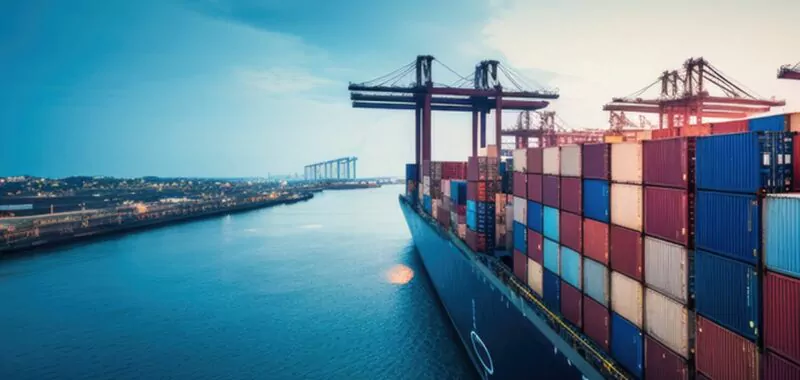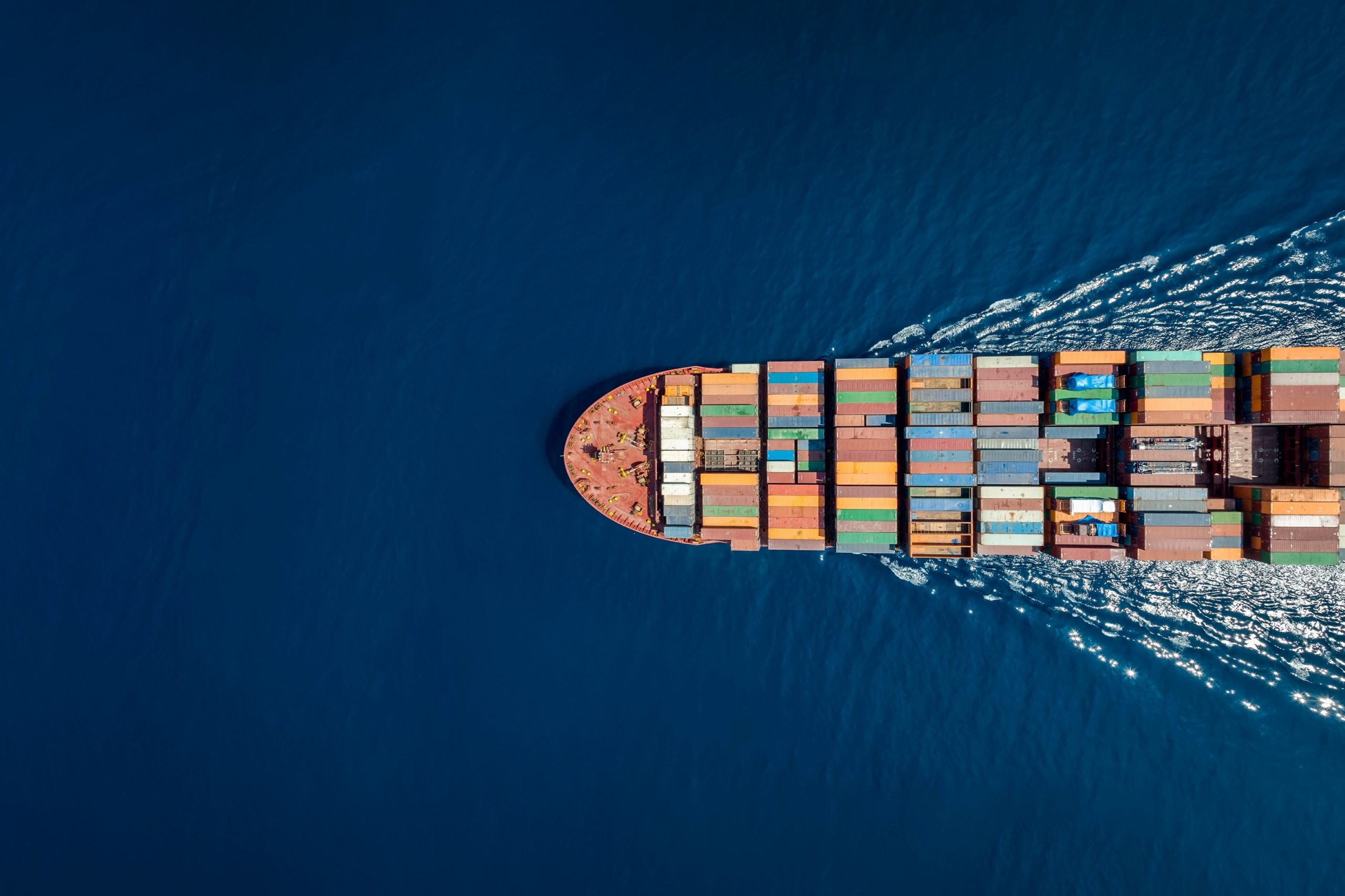What is urban logistics?
Urban logistics can be defined as a set of operations combining storage and retrieval, management of incoming and outgoing transport flows, and delivery to and from urban customers. It encompasses both operating and transport activities, as well as the real estate development of suitable buildings.
Urban logistics: an essential activity with a high ecological footprint
In France, urban logistics represents an annual market estimated at 20 billion euros[1]. Because it is both economically and socially useful, urban logistics represents a major challenge for the economy and citizens alike.
And yet, paradoxically, it remains low-profile and undervalued. It is even “unloved” because of its environmental and social impacts. According to the latest Senate report on sustainable urban logistics, freight transport accounts for 20% of traffic, and generates 25% of CO2 emissions, 35% to 45% of nitrogen oxides and 45% of fine particles in Paris[2].
Towards sustainable urban logistics: 2 trends aimed at making freight transport less polluting
However, these negative externalities are not inherent to the nature of logistics activities: numerous alternatives to combustion-powered vehicles exist. Let’s take a look at two of them: cyclologistics and river transport.
The emergence of cyclologistics for the transport of people and goods
The development of cyclologistics in hypercenters represents a first key modal shift. Cargo bikes, scooters, trailers: these new vehicles, used for both passenger and freight transport, have proliferated in Europe’s major metropolises over the last 5 years.
The benefits of these logistics solutions are both economic and operational. Cyclists benefit from lower investment and maintenance costs. The use of bicycles enables them to reduce journey times and make them more reliable, thanks to greater traffic fluidity and shorter parking and loading times. In this respect, demand is growing rapidly, from both sole traders and larger companies.
The emergence of cyclologistics in France has been slower than in other European countries, including Germany. The Union Sport et Cycle estimates that 3,000 cargo bikes will be sold in 2019, compared with 17,000 today[3]. This phenomenon is set to accelerate: Cycling Industries Europe estimates that, given current sales trends, 1 million cargo bikes will soon be marketed in Europe every year.
The river transport revival for freight logistics
River transport is emerging as another alternative to road transport, combining barges with cargo bikes or clean vehicles. This mode of transport offers many advantages. Low-noise, energy-efficient (and therefore CO2-emitting), its use reduces congestion on the roads and limits the occupation of public space. Still highly dependent on fossil fuels, it is beginning to meet the challenge of decarbonization.
Learn more about how our team can support you in your projects related to decarbonization >
River logistics is one of the solutions for moving towards more sustainable urban logistics, and is particularly relevant for certain industrial sectors such as construction and waste management. Numerous innovative projects are currently being developed. In June 2021, Voies navigables de France launched a call for projects in partnership with the city of Lyon, the Métropole de Lyon and the Compagnie nationale du Rhône. The aim is to implement an urban river logistics service with overland post-carriage in clean vehicles respecting the EPZ.
Mobility is changing. Initiatives are multiplying to develop engines, vehicles and uses. If sustainable mobility is central to your development strategy, Alcimed is ready to support you in your projects. Don’t hesitate to contact our team!
About the author,
Emmanuel, Senior Consultant in Alcimed’s Energy Environment Mobility team in France



